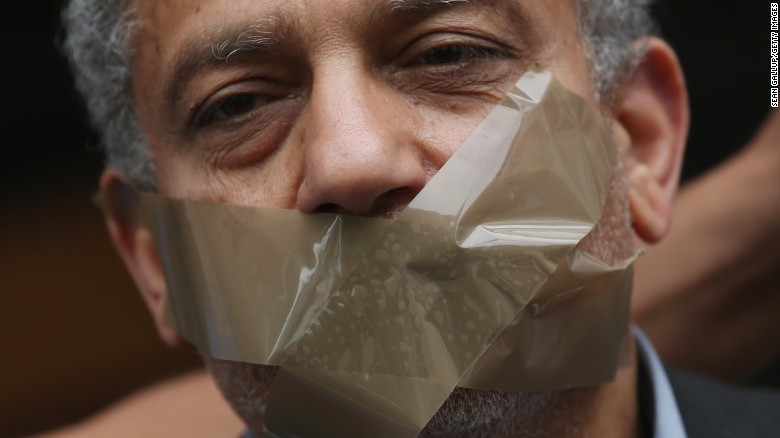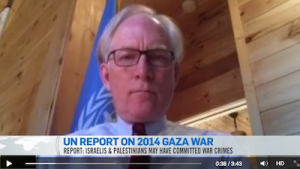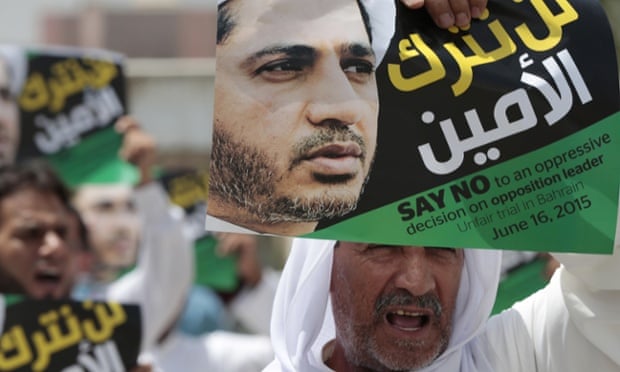By Brittani Howell
Impunity Watch Reporter, The Middle East
CAIRO, Egypt—Under a potential new Egyptian law, Journalists may face up to two years in prison if they publish news that does not match the government’s report. An anti-terrorism law has been drafted and is waiting for the approval of Egyptian’s President Abdel-Fattah el-Sissi.

The drafted anti-terrorism law lists twenty-five crimes, including twelve that are punishable by death. In addition, the law would create terrorist courts and reduce the number of appeals allowed by defendants in order to speed up the judicial process. The drafted law would also give police officers more protection from being held liable for the use of force in “anti-terrorist operations.”
The crack down on journalists is a response to reports of militant attacks. On one incident in particular, a militant attack on the Sinai Peninsula, news sources reported that dozens had been killed while a military official reported that seventeen people had been killed. Justice Minister Ahmed al-Zind stated, “The government has a duty to protect citizens from false information,” but should not be understood as, “a restriction on media freedom.”
The proposed bill requires two years for anyone who reports casualty tolls differently than the government report. The bill requires “intent” and “malice” in order to convict an individual of reporting death tolls contrary to government reports.
The Egyptian Journalists Syndicate argue that the drafted law violates Egypt’s Constitution, and that, “it appropriates the right of the journalist to acquire information from different sources and limits it to one side. This is a clear setback for the freedom of thought and press.”
At a press briefing, the Foreign Ministry urged foreign reporters to avoid using the terms “Islamist” and “jihadist” and to instead use the terms, “terrorists,” “savages,” “eradicators,” “destroyers,” and “slayers.”
Two days before the militant attacks on the Sinai Peninsula, the state prosecutor, Hisham Barakat, was killed in a car bombing. At the funeral President el-Sissi shouted, “Please, please we want prompt courts and fair laws… The trials and the laws won’t work in the matter and under these circumstances. This may work with regular people, but not these people. Only prompt laws will work.”
When Associated Press asked a judge if the rise in terrorist threats were linked to delays in court proceedings, the judge responded, “As if the jury is not to blame. This is not the causal relationship. Do they want to get the truth or take revenge on the suspect?”
For further information, please see:
ABC- Egypt to Pass Anti-terror Law Proposing Jail Time For Reporting Figures that Contradict Official Statements– 6 July 2015
Associated Press- Egypt Anti-Terror Bill Speeds Trials, Tightens Hand on Media– 6 July 2015
CNN- New Terrorism Law Could Target Journalists in Egypt– 6 July 2015
NY Times- Egypt Warns Journalists Over Coverage of Militant Attacks– 5 July 2015



